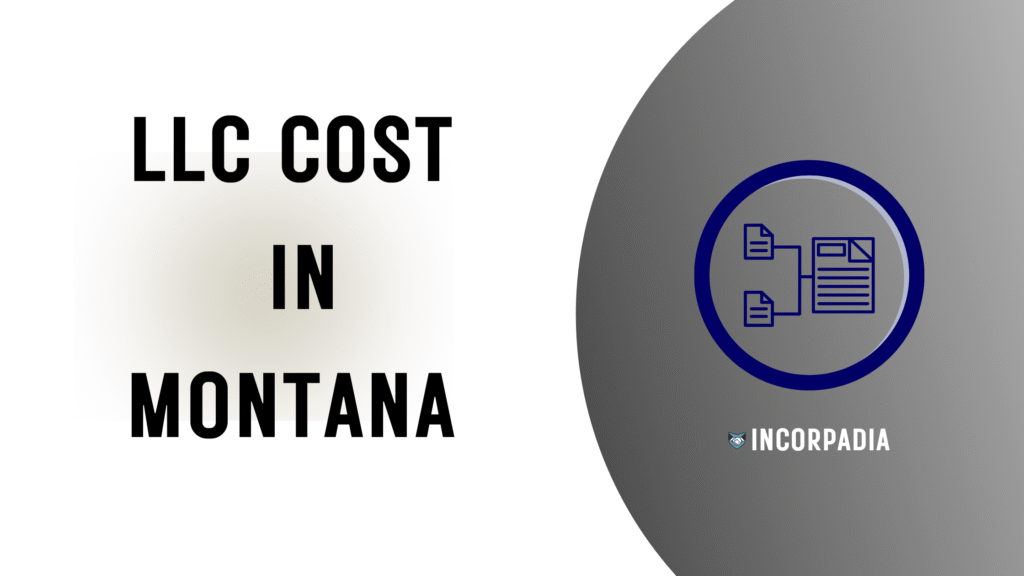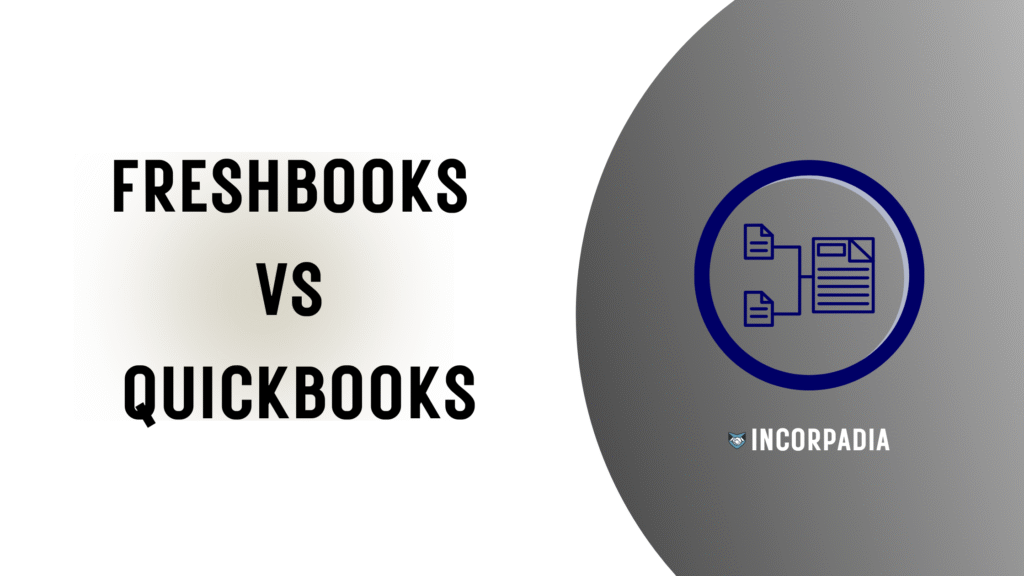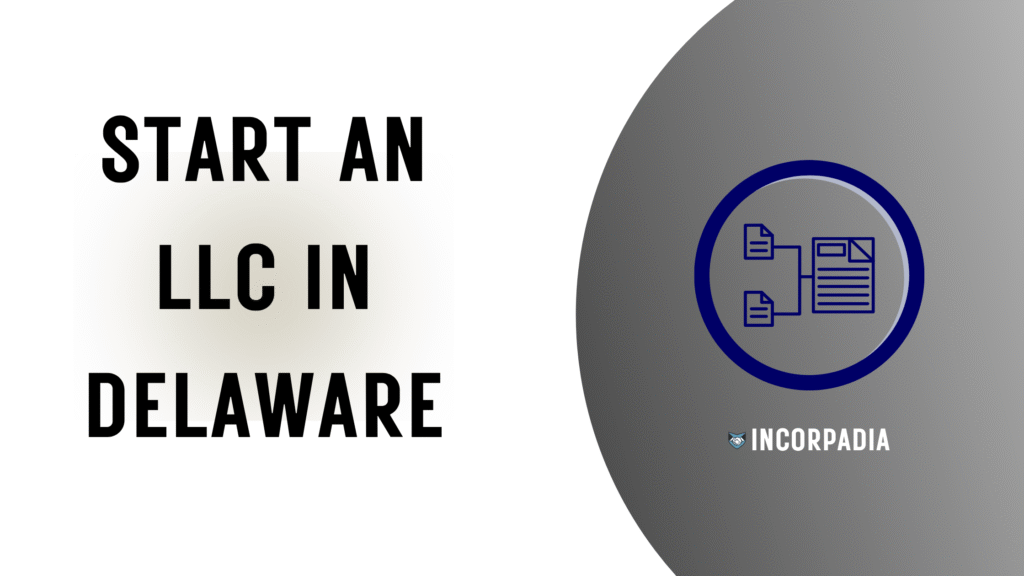Starting a business is an exciting venture, and one of the most important decisions you’ll make is choosing the right business structure. For many entrepreneurs, forming a Limited Liability Company (LLC) is the best option. An LLC provides liability protection, tax flexibility, and operational ease, making it a popular choice for small business owners.
In Montana, forming an LLC is a relatively simple process, but it does require attention to detail to ensure that you meet all legal requirements. The state offers a business-friendly environment, with low formation costs and minimal ongoing requirements. Whether you’re a resident of Montana or an out-of-state entrepreneur, you can form an LLC in the state without a physical presence, which makes it an attractive option for business owners nationwide.
The process involves several key steps, including choosing a unique name for your LLC, selecting a registered agent, filing necessary paperwork, and obtaining an Employer Identification Number (EIN) for tax purposes. Additionally, while Montana doesn’t require an operating agreement, it’s a good idea to create one to outline the operational and ownership structure of your business.
This step-by-step guide will take you through everything you need to know about forming an LLC in Montana, from start to finish. Whether you’re new to business formation or have experience with LLCs, this guide will provide you with all the information you need to successfully establish your business in Montana in 2025. Let’s dive in and get your business started!
Breakdown of The Costs
| Item | Cost (USD) |
|---|---|
| Articles of Organization | $35 |
| Annual Report (due by April 15) | $20 (waived for 2024) |
| Registered Agent (optional) | $0 (DIY) – $125+/year |
| Name Reservation | $10 (optional) |
Steps to forming an LLC in Montana
Forming an LLC in Montana is a straightforward process that involves several key steps. From choosing a unique name for your business to filing the necessary paperwork with the state, this guide will walk you through each stage, ensuring you meet all legal requirements and set your business up for success.
1. Search Your LLC Name
One of the first steps in forming an LLC is choosing a unique name for your business. The name you choose will represent your business legally and help create your brand identity. In Montana, the name of your LLC must follow a few rules to ensure it’s compliant with state laws.
LLC Name Requirements in Montana
Your LLC name must:
- Include a designation that identifies it as a limited liability company. This could be “Limited Liability Company,” “Limited Company,” or an abbreviation like “LLC” or “L.L.C.”
- Be distinguishable from other businesses already registered in Montana. The name cannot be too similar to another existing LLC, corporation, or limited partnership.
- Not contain words that could be misleading about the nature of your business, such as terms that suggest you are affiliated with the government or other regulated activities unless you meet specific criteria.
How to Check LLC Name Availability
To make sure your LLC name is available in Montana, you can use the Secretary of State’s online business entity search tool. This tool will allow you to check if your desired name is already taken or too similar to another registered entity. If the name is available, you can proceed with registration.
In case your chosen name is not available, you can always tweak it or add a unique word to make it different. However, if you are dead set on your name, you can also file for a name reservation, which holds the name for up to 120 days.
2. Choose a Registered Agent
Every LLC in Montana must designate a registered agent. A registered agent is a person or business entity that is authorized to receive legal documents on behalf of your LLC, such as lawsuits or official government notices.
Who Can Be a Registered Agent in Montana?
Your LLC’s registered agent can be an individual or a business entity, but there are a few key requirements:
- Individual Registered Agent: If you choose an individual, they must be a resident of Montana and have a physical street address in the state. A P.O. box is not sufficient.
- Business Entity Registered Agent: Many LLC owners prefer hiring a professional registered agent service. These services are often more reliable and provide privacy benefits. These services usually allow you to maintain your personal address off public records.
Choosing the right registered agent is crucial because they are responsible for receiving legal documents, and any failure to do so could result in legal consequences for your business.
We Recommend Northwest Registered Agent
While you can act as your own registered agent, it’s generally a good idea to hire a professional service. Northwest Registered Agent is a popular choice among business owners in Montana because they offer excellent customer support, maintain privacy, and ensure that you stay in compliance with state laws. They can also help you with the formation process, so your LLC can get up and running smoothly.
3. File LLC Articles of Organization
Once you have your LLC name and registered agent ready, the next step is to officially register your LLC with the state by filing the Articles of Organization. This document is the primary legal filing that officially forms your LLC. It provides the state with important information about your business.
Key Information Required for Articles of Organization
When you file the Articles of Organization, you will need to provide the following details:
- LLC Name: This is the name you chose in step one.
- Registered Agent Information: The name and physical address of your LLC’s registered agent.
- Business Address: The physical address where your business will be located (P.O. boxes are not acceptable).
- Management Structure: You must specify whether your LLC will be managed by its members (member-managed) or by appointed managers (manager-managed).
- Duration: The LLC’s duration is generally perpetual unless you specify a specific end date.
- Effective Date: This is the date your LLC will officially come into existence.
Filing Fees and Timeline
The filing fee for the Articles of Organization is $35 in Montana. This can be done online through the Secretary of State’s website, and the processing time for standard filings is typically about 5 to 7 business days. If you need expedited processing, it is available for an additional fee.
Once your Articles of Organization are approved, the state will issue a certificate confirming the formation of your LLC.
4. Create an Operating Agreement
Although not required by Montana law, it is highly recommended that LLCs create an Operating Agreement. This document outlines how your LLC will be managed and the rights and responsibilities of its members.
Why You Need an Operating Agreement
The Operating Agreement helps establish clear rules for how your LLC will operate and prevent disputes among members. It typically covers:
- Ownership: The percentage of ownership each member holds.
- Management Structure: Whether the LLC is managed by members or by designated managers.
- Profit and Loss Distribution: How profits and losses will be shared among the members.
- Decision-Making: The process for making major decisions about the business.
- Adding or Removing Members: Procedures for bringing in new members or removing existing ones.
If you have more than one member in your LLC, having an Operating Agreement can help avoid confusion and legal issues in the future. Even if you’re the sole member of the LLC, an Operating Agreement can provide a framework for how the business will run.
5. Get an EIN for Your LLC
After forming your LLC, the next step is to obtain an Employer Identification Number (EIN) from the IRS. An EIN, also known as a Federal Tax Identification Number, is necessary for tax purposes, opening a business bank account, and hiring employees.
How Can I Get an EIN?
You can apply for an EIN online through the IRS website, and the process is quick and free. The IRS will issue your EIN immediately upon approval, so you’ll have it on hand right away.
Even if you don’t have employees, it’s still a good idea to obtain an EIN because it helps separate your personal and business finances, which is essential for maintaining liability protection.
What to Do After Your LLC is Approved
After your LLC has been formed and you have your EIN, there are a few more steps to ensure your business remains in good standing with the state and is fully operational.
Open a Business Bank Account
Once your LLC is approved and you have your EIN, you’ll need to open a business bank account. Keeping your personal and business finances separate is essential for protecting your limited liability status.
To open a business bank account, you will typically need the following:
- Your LLC’s Articles of Organization
- Your LLC Operating Agreement (if applicable)
- Your EIN
- A valid ID
Opening a business account will help you stay organized and ensure that your LLC is treated as a separate legal entity from your personal finances.
Obtain Necessary Business Licenses and Permits
Depending on the nature of your business and where it’s located, you may need to obtain certain licenses or permits. Montana doesn’t require a general business license, but your local county or city may have specific regulations.
Check with local government agencies to determine what permits and licenses you may need to operate legally. Additionally, if your business involves regulated activities, you may need special permits.
File Your Annual Report
In Montana, LLCs are required to file an annual report with the Secretary of State. The annual report updates the state on any changes to your business, such as the management structure, address, or registered agent information.
Cost of the Annual Report
The filing fee for the Montana LLC Annual Report is $20. You can file the report online through the Secretary of State’s website, and it’s due between January 1 and April 15 each year.
When is My First Annual Report Due?
Your first Annual Report is due the year after your LLC is formed. If you formed your LLC in 2025, your first report would be due by April 15, 2026.
How Will My LLC Be Taxed?
By default, LLCs are considered pass-through entities for federal income tax purposes. This means that the profits and losses of the LLC are passed through to the individual members’ personal tax returns, and the LLC itself is not taxed separately.
However, if your LLC has more than one member, you will need to file a partnership return (IRS Form 1065). Additionally, if you choose to have your LLC taxed as a corporation, you can file the appropriate forms with the IRS.
In Montana, LLCs are subject to state taxes. The state imposes a corporate income tax rate of 6.75% for LLCs taxed as corporations. Additionally, members may be subject to Montana’s individual income tax rate, which ranges from 1% to 6.9%, depending on the amount of income.
FAQs
Can I start an LLC online in Montana?
Yes, Montana offers an online filing system for the Articles of Organization. You can file and pay the required fees through the Secretary of State’s website.
How much does it cost to start an LLC in Montana?
The filing fee for the Articles of Organization is $35. Additionally, the annual report fee is $20.
Do I need a Registered Agent in Montana?
Yes, every LLC must have a registered agent who has a physical address in Montana.
How long does it take to form an LLC in Montana?
Standard processing takes about 5-7 business days. You can also opt for expedited processing for an additional fee.
Can I form an LLC in Montana if I’m not a resident?
Yes, you do not need to be a Montana resident to form an LLC in the state.







